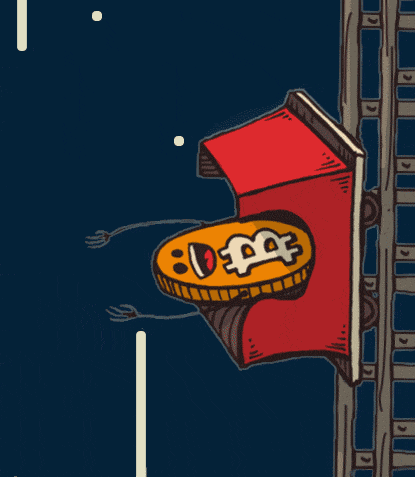U.S. President Donald Trump announced a 90-day pause on reciprocal tariffs for most countries, excluding China, whose tariff rate was raised from 104% to 125%. The move marked a shift from his earlier stance on high tariffs, which had caused significant market turbulence. Trump stated in a Truth Social post that the pause would apply only to countries that do not retaliate. A 10% tariff will remain in effect across the board during this period.
Trump’s decision followed days of market speculation and came just hours after China imposed 84% tariffs on U.S. goods, up from the previously announced 34%. The Chinese State Council Tariff Commission called the U.S. action “a mistake upon mistake,” accusing Washington of violating international trade norms. Trump responded, saying China’s behavior toward global markets was unacceptable and that it must end its unfair trade practices.
Following the announcement, Wall Street rallied. The S&P 500 rose by 8.51%, the Dow Jones Industrial Average gained 7.27%, and the Nasdaq surged 10.77%. Investors, who had seen stocks fall more than 12% in four days after Trump’s initial tariff plan on April 2, reacted positively to the pause. The Volatility Index (VIX), which had surged past 60 on April 7, fell to 34.54 by the close of trading on April 9, indicating reduced but still heightened uncertainty.
Cryptocurrencies also joined the rebound. Bitcoin jumped from $75,000 to $82,000, while Ethereum rose from $1,400 to $1,600, fueled by broader market optimism and renewed risk appetite.
Treasury Secretary Scott Bessent said the pause had always been part of Trump’s broader strategy and called the timing “courageous.” He and Commerce Secretary Howard Lutnick were with Trump when the announcement was made. Bessent added that countries not retaliating would be “rewarded,” and that Trump would be personally involved in further trade talks. U.S. Trade Representative Jamieson Greer, however, told Congress he had not been informed about the pause in advance, though he had been aware it was a possible development.
China’s response, which included pledges to reduce reliance on U.S. goods and support for domestic consumption, signaled a willingness to escalate the dispute. Cornell University’s Wendong Zhang noted that Chinese leaders have broader public support this time than during the 2018–19 trade war.
Economists remained cautious. Joe Brusuelas of RSM US warned that the pause may only delay a likely recession, citing ongoing shocks to the economy. Goldman Sachs held its 45% recession forecast steady. Jake Colvin of the National Foreign Trade Council said the pause was a positive step but pointed out that a 10% baseline tariff still remains, along with steep duties on steel, aluminum, autos, and possibly more to come.
Trump ended his message with “THIS IS A GREAT TIME TO BUY!!! DJT,” referencing his own media company, which surged over 20% following the post.


